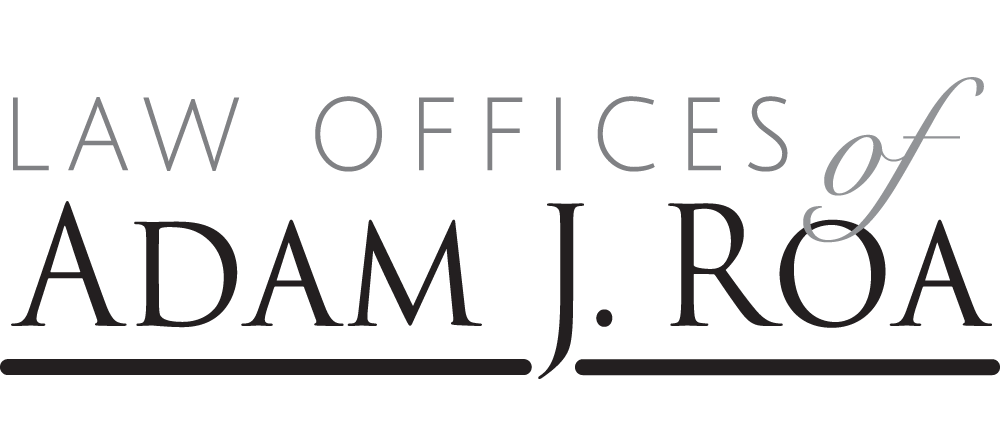Signs of Nursing Home Negligence
The Facility’s Responsibility
When your parent transitions to a nursing home or assisted living facility, a significant agreement is made. The facility agrees to provide care as your parent needs, in exchange for a hefty monthly fee.
Nursing homes and assisted living facilities often categorize their care into 3 levels. Level 1 is a step up from independent living; the resident needs little supervision. Level 3, on the other hand, indicates a resident that needs regular supervision, similar to a nursing home level of care.
Whatever level of care your parent is in, it is the responsibility of the facility to ensure your parent’s safety. Perhaps that means having a rail on the side of the bed to prevent falls. Or maybe it’s putting an alarm under the bed to alert nurses when a resident moves off the bed. Or perhaps there is the need to have constant assistance moving from place to place.
Signs of Negligence
Here are signs that a nursing home or assisted living facility may be liable for negligence:
- The facility is aware of a resident’s unique need.
- The facility fails to address that unique need.
- As a result, the resident is hurt.
Case in Point
Let’s suppose your mother was recently admitted to an assisted living facility under Level 3 care. Weighing about 160 pounds, she needs the assistance of two aides to move her from any location, such as from the bed to the bathroom.
One morning, one of the nurse aides is running late. Your mother pushes the alert button near her bed, signaling that she wishes to use the bathroom. However, only one aide comes to her assistance. He attempts to get her out of bed, and things are fine—until she puts more weight on the unassisted side and suddenly stumbles. They both fall down hard on the cold, unrelenting floor. Your mother’s thigh bone, already in brittle condition, snaps. She is immediately rushed to the hospital, where she undergoes surgery to set her broken hip.
You are told about this incident immediately by the facility director, who assures you they did everything possible and that accidents sometimes happen. Unfortunately for your mother, the broken hip leads to invasive surgery that leaves her in a weakened condition. She never fully recovers, and her health rapidly worsens. Her surgical wound constantly hurts, and moving her leg also causes her pain. She eventually passes in a nursing home three months later.
This is a case of actionable negligence against the assisted living facility. If they hadn’t violated the standard of care of two nurse aides, your mother would not have fallen to the floor. But because of their negligence, your mother had to endure constant pain over the last remaining months of her life, which was dramatically shortened as a direct result of the injury.
Getting Compensation
If you think your family member has been the victim of negligence in a nursing home or assisted living facility, our law office can help. Sometimes it takes assistance from a lawyer to get the assisted living facility to pay for their negligence. Your family deserves to be compensated for the pain and suffering the negligence caused.
Call our office, and let us fight for you.



